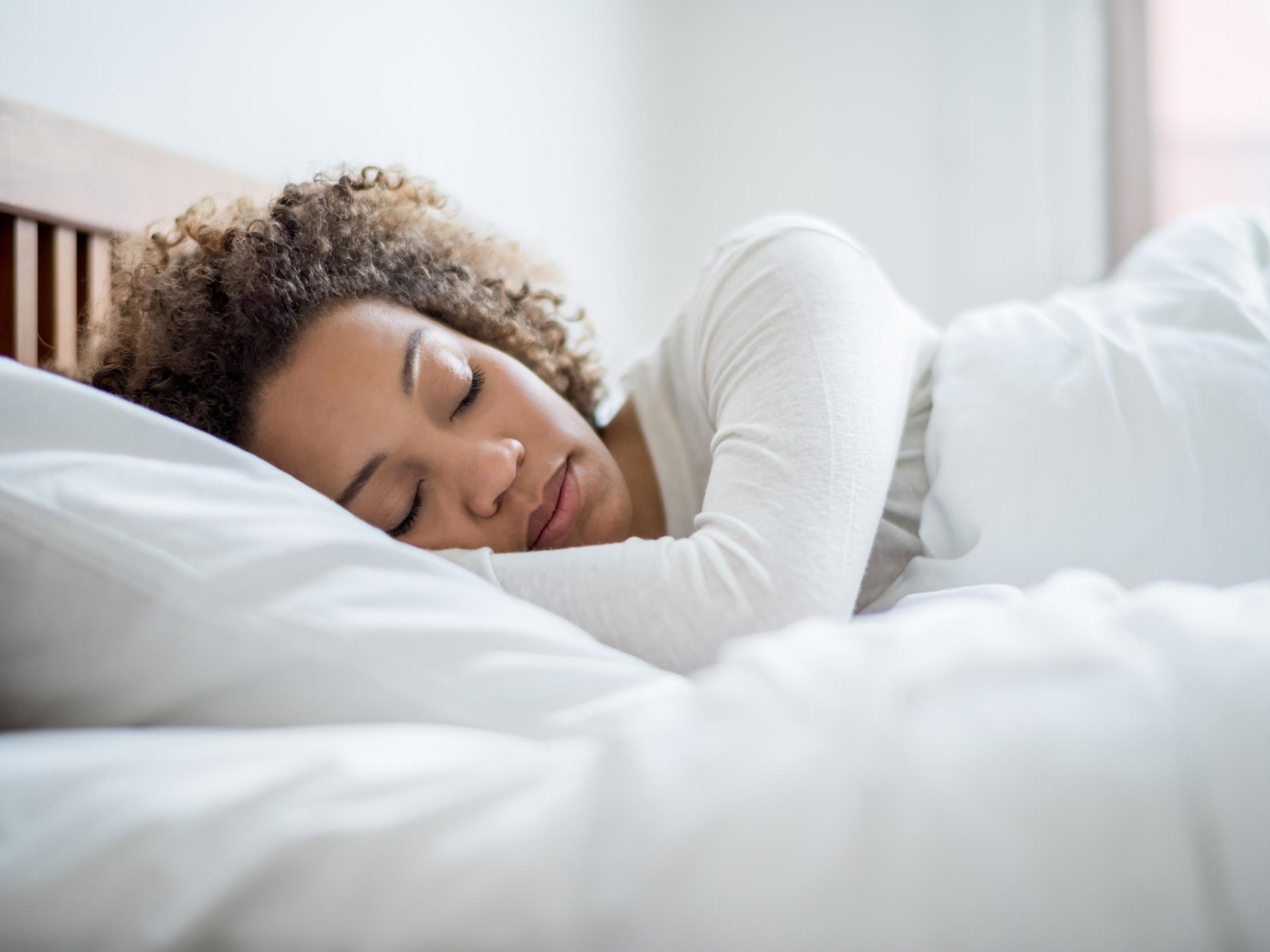Sleeping for nine hours a night or taking long naps could increase the risk of stroke, research says
Researchers suggest there is such a thing as too much sleep

People who sleep for more than nine hours each night or take long naps during the day may have an increased risk of stroke compared with those who sleep less, according to new research.
A Chinese study, published in the journal Neurology, examined the sleep habits of 31,750 healthy adults, using a combination of physical examinations and self-reported data.
The participants, who had no prior history of strokes or other major health problems, were followed for six years on average and asked about their nightly sleeping habits and whether they napped during the day and for how long. However, other lifestyle factors such as fitness and nutrition were not taken into consideration.
In that time there were 1,438 definite and 119 probable stroke cases.
Researchers found that those who said they slept for nine or more hours a night were 23 per cent more likely to go on to have a stroke than people who slept fewer than eight hours per night.
Similarly, regular daytime nappers who slept for more than 90 minutes each time were 25 per cent more likely to have a stroke than people who napped for under half an hour.
Participants who were both long nappers and long sleepers were 85 per cent more likely to have a stroke than people considered to be moderate sleepers and nappers.
The team also pointed out that people who reported poor quality of sleep were 29 per cent more likely to later have a stroke than people who felt they had slept well.
Meanwhile, those who were long sleepers and also experienced poor sleep quality were 82 per cent more likely to go on to have a stroke.
Study author Xiaomin Zhang, of Huazhong University of Science and Technology in Wuhan, China, said: “More research is needed to understand how taking long naps and sleeping longer hours at night may be tied to an increased risk of stroke, but previous studies have shown that long nappers and sleepers have unfavourable changes in their cholesterol levels and increased waist circumferences, both of which are risk factors for stroke.
“In addition, long napping and sleeping may suggest an overall inactive lifestyle, which is also related to increased risk of stroke.”
According to the Stroke Association – a charity that provides specialist support and funds critical stroke research – more than 100,000 strokes occur each year in the UK, the equivalent of around one stroke every five minutes.
The organisation adds that there are more than 1.2 million stroke survivors in the country and that every two seconds, someone in the world will have a stroke.
The NHS states that symptoms of stroke can be remembered with the word FAST:
- Face – the face may have dropped on 1 side, the person may not be able to smile, or their mouth or eye may have dropped.
- Arms – the person with suspected stroke may not be able to lift both arms and keep them there because of weakness or numbness in 1 arm.
- Speech – their speech may be slurred or garbled, or the person may not be able to talk at all despite appearing to be awake; they may also have problems understanding what you’re saying to them.
- Time – it’s time to dial 999 immediately if you see any of these signs or symptoms.
It adds that strokes are a medical emergency and urgent treatment is essential.
The sooner a person receives treatment for a stroke, the less damage is likely to happen.
If you suspect that you or someone else is having a stroke, phone 999 immediately and ask for an ambulance.
Join our commenting forum
Join thought-provoking conversations, follow other Independent readers and see their replies
Comments
Bookmark popover
Removed from bookmarks